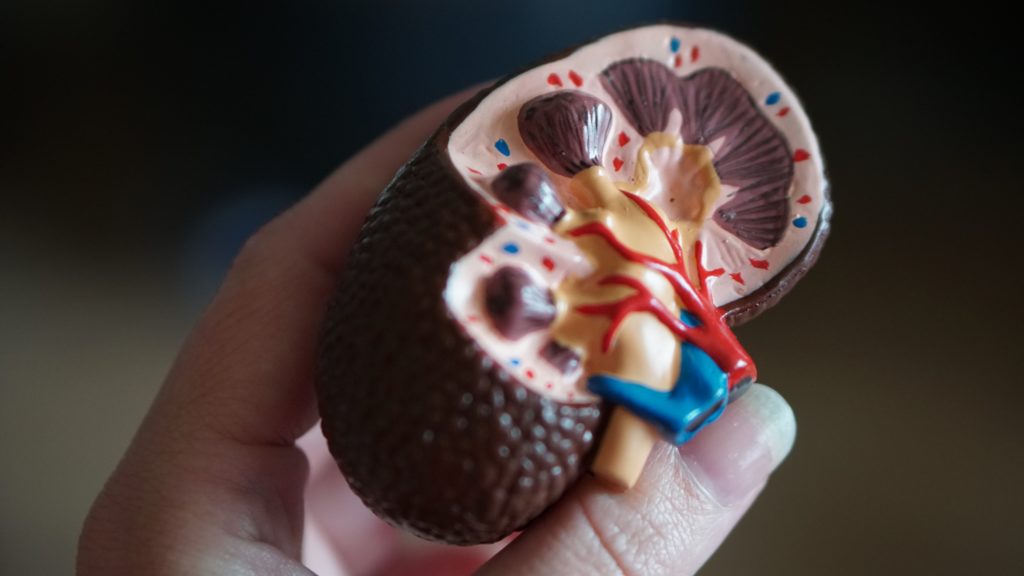A study by Oxford researchers has found that more than 18 percent of over-60s have chronic kidney disease (CKD), around 44 percent of whom are undiagnosed without screening.

CKD is a potentially serious condition, but is associated with few, if any, symptoms. It is thought to affect around 15 percent of people aged over 35 years in England. Stage 3 CKD or higher is the leading risk factor for progression to end-stage renal failure, and is a strong predictor of hospitalisation.
All stages of CKD are associated with increased mortality and cardiovascular risk. Early diagnosis is important since interventions such as controlling blood pressure and other risk factors can slow the progression of the disease.
Globally, CKD mortality has increased by one-third over the last 10 years, accounting for 1.2 million deaths a year worldwide.
The Oxford Renal Longitudinal Cohort Study (OxRen) is a long-term population-based study by researchers at the University of Oxford’s Nuffield Department of Primary Care Health Science, supported by the NIHR Oxford Biomedical Research Centre.
The paper was published by the British Journal of General Practice.
It established that of the 3,207 people recruited to the study, 18.2 percent were found to have CKD. Some 327 participants had existing CKD, while 257 were diagnosed with CKD as a result of screening, never having displayed symptoms previously.
Screening consists of using measurements of serum creatinine and urinary albumin
Dr Jennifer Hirst, the lead author of the paper, said: “This study provides an estimate of CKD prevalence in the over-60s population and demonstrates that many people may be unaware that they are living with this condition.
“It found that eighteen percent of participants aged 60 years or older are living with undiagnosed CKD, equating to 44 percent of people living with CKD in this population, and would have remained undiagnosed without screening.”
Many people living with CKD will be unaware they have the condition, which could be picked up by the NHS Health Check Programme. However, only 43 percent of those invited for these checks actually attend.
Follow-up to this study will provide data on annual incidence, rate of CKD progression, determinants of rapid progression, and predictors of cardiovascular events.
Patients recruited to the OxRen study are being followed up in the New-onset Kidney Impairment Study – or NewKi study, which began in 2017.
Photo by Robina Weermeijer on Unsplash